GPT-Summary
Introduction
The video “The Bestial British Intelligence of Shelburne and Bentham,” presented by Jeffrey Steinberg, goes deep into the historical role of British intelligence in shaping global political events during the late 18th century. Steinberg focuses on the figures of Lord Shelburne and Jeremy Bentham, outlining how their philosophical radicalism and utilitarianism underpin British foreign policy, intelligence operations, and subversive tactics aimed at destabilizing both the United States and revolutionary France. The video explores the impact of their ideas on shaping British imperial strategy, highlighting the use of free trade, political manipulation, and espionage to maintain Britain’s global dominance.
Thanks to my readers' generosity, all my articles are free to access. Independent journalism, however, requires time and investment. If you found value in this article or any others, please consider sharing or even becoming a paid subscriber, who benefits by joining the conversation in the comments. I want you to know that your support is always gratefully received and will never be forgotten. Please buy me a coffee or as many as you wish.
Summary
🏛️ The Origins of British Philosophical Radicalism
The video opens with an authoritative examination of the roots of British philosophical radicalism, tracing its development through key figures such as Francis Bacon, Thomas Hobbes, and John Locke. Bacon’s inductive method, grounded in sense-certainty, forms the basis of British empiricism. This philosophical approach rejects metaphysical concepts like freedom and moral law and is inherited and radicalized by later thinkers such as Hobbes and Locke. Hobbes reduces human nature to its base impulses, asserting that society is a “war of all against all” that must be controlled by a tyrannical Leviathan state. Locke, meanwhile, argues that the human mind is a blank slate, shaped entirely by sense perceptions, aligning with Bentham’s rejection of freedom and traditional morality. 00:00:29
🔍 Jeremy Bentham’s Rejection of Unalienable Rights
In October 1776, Bentham, then a 28-year-old barrister, responds with contempt to the American Declaration of Independence. Bentham mocks the Declaration’s claim that people have unalienable rights, asserting instead that the concept of natural rights is a dangerous fiction. Bentham’s utilitarian philosophy reduces human behavior to the pursuit of pleasure and avoidance of pain, denying any distinction between humans and animals. He advocates for a world governed by the principle of utility, where actions are judged solely by their ability to produce the greatest happiness for the greatest number. 00:00:09
Bentham’s work, An Introduction to the Principles of Morals and Legislation, published in 1780, lays the foundation for British philosophical radicalism. In this work, Bentham develops the utilitarian principle that would guide his later involvement in British intelligence, where his radical ideas are used to subvert both the United States and France. 00:01:50
💣 Lord Shelburne’s Role in British Intelligence
Lord Shelburne emerges as the mastermind behind Britain’s foreign intelligence operations, consolidating control over British intelligence after absorbing the East India Company’s extensive network. Shelburne orchestrates political upheavals at home and abroad, using espionage and subversive tactics to undermine rival powers. He sees free trade as the key to reabsorbing the United States into the British Empire after the American Revolution. Shelburne used the Gordon Riots of 1780, which he finances through Baring Bank and the East India Company, to destabilize the British government. The riots, which lasted for eight days, resulted in the destruction of London and the resignation of Lord North’s ministry, clearing the way for Shelburne’s rise to power. 00:05:40
🌍 The French Revolution and British Subversion
The French Revolution, which began with the storming of the Bastille in 1789, provided an opportunity for British intelligence to weaken France. Shelburne and Bentham orchestrated the Jacobin Terror through British-funded revolutionary leaders such as Jean-Paul Marat, Georges Danton, and Maximilien de Robespierre. These figures, supported by funds from the East India Company, unleash a reign of terror in which France’s intellectual and political elites are systematically executed. Shelburne’s goal is to destabilize France, a major rival to Britain, and eliminate its ability to challenge British dominance. 00:09:55
Bentham offers to move to Paris to oversee the city’s penal system, proposing the construction of his Panopticon prison model, a symbol of total social control. Bentham’s proposal is aligned with his belief in the power of surveillance to manage human behavior. 00:11:00
📜 The Treaty of Paris and Free Trade Imperialism
In 1783, Lord Shelburne, now Foreign Secretary, negotiated the Treaty of Paris, formally ending the American Revolutionary War. While the treaty recognizes American independence, Shelburne’s long-term strategy is to economically reabsorb the United States through unbridled free trade. Shelburne believes that economic dominance, rather than military conquest, is the key to maintaining British supremacy. His policies are designed to create an economic environment in which America, despite its political independence, remains dependent on British trade. 00:10:15
Shelburne’s influence extends beyond politics into the realm of economic theory. He commissions Adam Smith to write The Wealth of Nations, a work that becomes the foundation of British free trade imperialism. Shelburne’s vision of free trade is not about promoting mutual prosperity but about ensuring British dominance by creating a global market in which Britain can outcompete its rivals. 00:09:20
⚖️ Bentham’s Defense of Usury
In 1787, Bentham publishes Defense of Usury, a challenge to the economic ideas of Adam Smith. Bentham criticizes Smith for not fully embracing unregulated financial policies and argues that restrictions on usury are economically harmful. He advocates for the removal of all limits on interest rates, aligning with his broader rejection of moral constraints in both economics and politics. Bentham’s defense of usury becomes a key component of British imperial strategy, as it allows for the exploitation of weaker economies through predatory lending practices. 00:09:20
🕵️ The Role of British Intelligence in Latin America
British intelligence under Shelburne and Bentham extends its reach into Latin America, where figures like Aaron Burr and Francisco de Miranda work to destabilize Spanish colonial rule. Bentham and Burr conspire to establish a British-controlled empire in Latin America, targeting Mexico and Venezuela as key locations for their subversive activities. Through their collaboration with revolutionary leaders like Simón Bolívar, British intelligence seeks to weaken Spanish influence and replace it with British control. 00:04:20
🧠 The Legacy of Bentham and Shelburne
The video concludes with a discussion of the lasting legacy of Bentham and Shelburne on British and global politics. Bentham’s ideas continue to influence British liberalism through figures like James Mill and John Stuart Mill, whose works shape the intellectual foundations of British imperialism. Bentham’s body, mummified and displayed at University College London, symbolizes his enduring influence on British political thought. Shelburne’s free trade policies, which prioritize economic control over military conquest, become the cornerstone of British imperial strategy for centuries to come. 00:12:50
FAQ
Q: What was Jeremy Bentham’s reaction to the American Declaration of Independence?
In October 1776, Jeremy Bentham reacted with contempt to the American Declaration of Independence. He dismissed the principles of unalienable rights espoused in the document, criticizing the idea that any government could exist without infringing upon individual rights. Bentham believed that every form of government, by its nature, would alienate certain “pretended” rights. His response reflects a deep philosophical breach with the American republican ideals. 00:00:09
Q: How did Bentham’s ideas influence British intelligence and foreign policy?
Bentham’s philosophy, particularly his emphasis on utility and hedonism, was instrumental in shaping British intelligence and foreign policy. His utilitarian doctrine, which rejected traditional moral distinctions and focused on pleasure and pain as guiding forces, became a cornerstone of British philosophical radicalism. These ideas were integrated into the operations of the British Foreign Office and the emerging intelligence service, both of which were consolidated under the leadership of Lord Shelburne. 00:01:00
Q: Who was Lord Shelburne, and what role did he play in British intelligence?
Lord Shelburne was a key figure in British intelligence and foreign policy. As a leader of British intelligence operations, Shelburne worked closely with Bentham to orchestrate various political intrigues, including the manipulation of revolutionary movements in Europe. Shelburne’s role in the intelligence apparatus helped solidify British influence in global affairs, particularly through subversive tactics like the promotion of free trade and economic destabilization of rival nations. 00:03:00
Q: What was the significance of the Gordon Riots of 1780?
The Gordon Riots, orchestrated by Lord Shelburne and financed through the East India Company and Baring Bank, were a significant political event in London. These riots were ostensibly in protest against Irish reforms, which were seen as a way to conscript Irishmen to fight in North America. However, Shelburne used the riots as a means to destabilize British governance and further his own political ambitions. The riots resulted in widespread chaos and ultimately led to the resignation of Lord North’s ministry. 00:04:30
Q: How did Shelburne’s policies affect the relationship between Britain and its former American colonies?
Shelburne sought to economically reabsorb the United States into the British Empire through policies of unbridled free trade. He believed that Britain’s economic power, rather than military might, would be the key to regaining influence over its former colonies. Shelburne argued that free trade, rather than monopolies, was the path to British supremacy in global commerce, particularly in its dealings with the newly independent American states. 00:06:40
Q: What was Bentham’s Panopticon, and how did it reflect his views on society?
Bentham’s Panopticon was a design for a prison that would allow for constant surveillance of inmates by a single guard. The architectural plan included cells arranged in a circular layout around a central watchtower, where prisoners would never know if they were being observed. This design reflects Bentham’s belief in the necessity of control and discipline in society, aligning with his broader utilitarian views that focused on managing human behavior through systems of reward and punishment. 00:09:30
Q: How did Bentham and Shelburne contribute to the destabilization of France?
Bentham and Shelburne played a pivotal role in the destabilization of France through their orchestration of the Jacobin Terror during the French Revolution. Shelburne used his influence to manipulate French politics, with Bentham providing intellectual support to the radical Jacobin leaders. They aimed to weaken France as a military and economic rival, systematically executing France’s scientific and political elites through the guillotine, all while being financed by British interests. 00:12:00
Q: What role did Bentham play in promoting radicalism in Europe?
Bentham was a significant figure in promoting philosophical radicalism throughout Europe. He sponsored several generations of radical thinkers, including James Mill, John Stuart Mill, and Thomas Carlyle. Bentham’s influence extended beyond Britain, particularly in his collaborations with figures such as Aaron Burr and Francisco de Miranda, as well as his contributions to the intellectual underpinnings of revolutionary movements. 00:15:10
Q: How did Bentham view traditional morality, especially in relation to Christian values?
Bentham rejected traditional Christian morality, particularly its views on sexuality and pleasure. He argued that prohibitions against practices like pederasty and homosexuality were rooted in irrational religious fears, such as those arising from the Biblical story of Sodom. Bentham believed that pleasure, not moral law, should be the guiding principle of human behavior, dismissing the relevance of Christian ethical frameworks in his hedonistic worldview. 00:18:20
Q: What was Bentham’s legacy after his death?
Bentham’s legacy continued long after his death in 1832, both through his philosophical writings and the preservation of his physical remains. His body was mummified and placed in a glass case at University College London, where it remains an iconic symbol of his radical ideas. Bentham’s influence persisted in British political thought and global intelligence operations, as his disciples carried forward his philosophy of utilitarianism and radicalism. 00:22:10
People
Jeremy Bentham – Bentham rejects any distinction between man and lower beasts, defining human behavior as driven by the principles of pain and pleasure. Bentham mocks the American Declaration of Independence and denies the existence of unalienable rights. He is central to British philosophical radicalism, working directly with Lord Shelburne to build an intelligence network rooted in subversive strategies. His Panopticon prison design reflects his belief in total societal control, and he advocates for a world without traditional moral law. 00:00:09
Lord Shelburne (William Petty) – Lord Shelburne directs British foreign intelligence and destabilizes rival nations, including the United States and France. He promotes free trade as the means to economically reabsorb the American colonies. Shelburne bankrolls the Gordon Riots in London to further his imperial ambitions and consolidates British intelligence by integrating the East India Company’s operations. His manipulations extend to Europe, where he plays a key role in fomenting the Jacobin Terror in France. 00:02:01
Francis Bacon – Bacon initiates British empiricism with his inductive method, rooted in sense certainty. His ideas form the basis of the philosophical tradition that Bentham and Shelburne later inherit, emphasizing empirical observation over traditional morality. 00:00:29
Thomas Hobbes – Hobbes argues that human society is a “war of all against all” and must be governed by a tyrannical Leviathan state. His reduction of human nature to base impulses influences the philosophies that guide Bentham and Shelburne. 00:00:37
John Locke – Locke’s theory of the human mind as a blank slate (tabula rasa), shaped solely by sense impressions, aligns with Bentham’s rejection of freedom and traditional morality. His philosophy is a critical step in the development of British radical empiricism. 00:00:45
Benjamin Franklin – Shelburne negotiates the Treaty of Paris with Benjamin Franklin, seeking to end the American Revolution while positioning Britain for economic dominance through free trade policies. 00:06:35
Aaron Burr – Bentham allies with Aaron Burr, the American traitor, to establish a new empire in Latin America. Burr collaborates with Bentham in plotting subversive activities against the United States after fleeing to Britain. 00:03:55
Francisco de Miranda – Francisco de Miranda, a Venezuelan revolutionary, serves as a paid agent of the British East India Company and plays a leading role in spreading Jacobin terror across France. His connection to Bentham and Burr extends British influence into Latin America. 00:04:10
Simón Bolívar – Bolívar, the Venezuelan revolutionary leader, collaborates with Bentham and Burr in their efforts to destabilize Latin America and extend British imperial influence. 00:04:20
Lord George Gordon – Lord George Gordon leads the Protestant mob that storms Westminster during the Gordon Riots, orchestrated by Shelburne to destabilize British governance. Gordon acts as Shelburne’s agent provocateur, inciting violence that ultimately helps Shelburne rise to power. 00:05:25
Jacques Necker – Necker, a pro-British banker, serves as France’s finance minister under Shelburne’s influence. His policies lead to the depletion of the French treasury, creating the financial instability that sets the stage for revolution. 00:08:00
Jean-Paul Marat – Marat, a leader of the Jacobin Terror, delivers fiery speeches prepared by Bentham, contributing to the violent destabilization of France. Marat is instrumental in advancing the radical agenda set by Shelburne and Bentham. 00:09:45
Georges Jacques Danton – Danton, another key leader of the Jacobin Terror, participates in the systematic elimination of France’s political elite. He aligns with the British intelligence agenda orchestrated by Shelburne and Bentham. 00:09:50
Maximilien de Robespierre – Robespierre leads the Jacobin Terror, which results in the execution of many of France’s scientific and political leaders. He furthers the British plan to weaken France, orchestrated by Shelburne and Bentham. 00:09:55
James Mill – Mill, a close follower of Bentham, is instrumental in spreading Bentham’s radical utilitarian philosophy. His work advances the intellectual foundations of British radicalism. 00:11:30
John Stuart Mill – John Stuart Mill, son of James Mill, continues the legacy of Bentham’s radicalism, contributing to the spread of British philosophical and political thought, especially in areas of free trade and individual liberty. 00:11:50
Giuseppe Mazzini – Mazzini is a revolutionary figure who plays a pivotal role in advancing British geopolitical interests in Europe. Under the guidance of British intelligence, Mazzini works to destabilize Italy and promote republican movements that align with British imperial strategy. He is a key agent in expanding British influence across continental Europe through revolutionary networks. 00:08:40
John Bowring – Bowring, a disciple of Bentham and a prominent figure in British intelligence, is tasked with expanding British influence in Asia. His mission includes opening China to British trade through the Opium Wars. Bowring’s work exemplifies the use of free trade as a tool for British imperial domination, continuing Bentham’s radical ideas of economic and political control. 00:11:00
Thomas Carlyle – Carlyle writes the official British history of the French Revolution under the guidance of John Stuart Mill, ensuring that the role of Shelburne and Bentham in the Jacobin Terror is hidden from public scrutiny. 00:12:10
David Urquhart – Urquhart, one of Bentham’s younger protégés, becomes an agent handler for Karl Marx. His work continues Bentham’s influence in European political movements. 00:12:50
Karl Marx – Marx, influenced by the radical ideas of Bentham, carries forward the critique of capitalist society and continues the legacy of Bentham’s rejection of traditional moral law. 00:13:00
Organizations
British Foreign Intelligence Service – The British Foreign Intelligence Service, consolidated under Lord Shelburne, plays a pivotal role in shaping British imperial strategy. The intelligence service, deeply intertwined with philosophical radicalism, operates to extend British influence globally through subversive means. The consolidation of this organization is described as the formalization of British intelligence operations, which were previously housed under the East India Company. 00:02:01
East India Company – The East India Company is central to Britain’s imperial power and serves as the operational base for British intelligence activities before these are formally transferred to the British Foreign Intelligence Service. Lord Shelburne, leading this shadow government, uses the resources and networks of the East India Company to orchestrate both domestic and international destabilization efforts, including the Gordon Riots and the manipulation of revolutionary movements in Europe and Latin America. The Company finances numerous revolutionary plots, including those carried out by figures like Francisco de Miranda and Simón Bolívar. 00:03:55
Baring Bank – Baring Bank, allied with the East India Company, provides financial backing for Shelburne’s political intrigues. The bank plays a critical role in financing the Gordon Riots in London in 1780, an event orchestrated by Shelburne to destabilize the British government and bring down Lord North’s ministry. This financial support is integral to the success of the riots, which further Shelburne’s imperial ambitions. 00:05:20
The British Secret Intelligence Services (SIS) – After the official transfer of intelligence operations from the East India Company, the British Secret Intelligence Services (SIS) become the nerve center of Britain’s foreign intelligence efforts. These services are responsible for directing revolutionary activities, such as the Jacobin Terror in France, and ensuring Britain’s dominance through espionage and subversive tactics. Lord Shelburne’s control of these services allows him to shape British foreign policy and global strategy during his tenure. 00:07:00
Jacobin Club (Jacobins) – The Jacobin Club, a revolutionary faction in France, becomes a tool of British intelligence under the direction of Lord Shelburne and Jeremy Bentham. The British Foreign Office and East India Company finance the Jacobin Terror, which results in the mass execution of France’s political and scientific elites. Through figures like Jean-Paul Marat and Maximilien de Robespierre, the Jacobins help destabilize France, weakening it as a rival power on the European continent. Payments from the East India Company to the leading Jacobins are recorded in British archives, confirming their role in this British-orchestrated terror. 00:09:45
The Home Guard – During the Gordon Riots, the British Home Guard, responsible for protecting the city from internal threats, is deliberately held back by Shelburne. The intentional delay in calling out the Home Guard allows the riots to spiral into widespread violence and destruction. This manipulation serves Shelburne’s goal of weakening the existing government and paving the way for his rise to power. 00:05:45
Rockingham Cabinet – The Rockingham Cabinet, formed after the resignation of Lord North, includes Lord Shelburne as the Foreign Secretary for the Northern District. From this position, Shelburne negotiates the Treaty of Paris and assumes control of British foreign intelligence. His role in the cabinet is crucial to executing Britain’s imperial strategy through diplomacy and intelligence. 00:06:35
The Tower of London – The Tower of London briefly houses Lord George Gordon, the leader of the Gordon Riots, after his arrest. His stay is cut short by Shelburne’s personal intervention, after which Gordon escapes to the Netherlands. The Tower’s role in this narrative is part of the broader manipulation by Shelburne to use political violence and unrest to achieve his goals. 00:07:20
The Foreign Ministry – After Shelburne’s consolidation of power, the British Foreign Ministry becomes the central hub for intelligence operations that had previously been controlled by the East India Company. The ministry oversees espionage and diplomatic efforts to destabilize rival nations and advance British imperial interests. Under Shelburne’s leadership, the Foreign Ministry operates with a mandate to ensure British dominance through economic, military, and subversive tactics. 00:07:45
The Newgate Prison – Newgate Prison is stormed during the Gordon Riots, with the prisoners being freed and joining the mob in attacking Parliament. This event, orchestrated by Shelburne and his financial backers, symbolizes the chaos and destruction that he unleashes in order to dismantle the British government and advance his imperial vision. The prison’s role in the riots is central to the violence that leads to the collapse of Lord North’s ministry. 00:05:56
British Parliament – Parliament is a key target during the Gordon Riots, with Shelburne’s Protestant mob attacking members of the government and driving them from Westminster. This attack on Parliament is part of Shelburne’s broader plan to destabilize British governance and replace it with his own regime. His manipulation of events at Parliament leads directly to his rise to power and the subsequent restructuring of British foreign policy. 00:05:40
Locations
Bowood Estate – Bowood Estate serves as Lord Shelburne’s headquarters for planning and conducting his political intrigues and intelligence operations. It is here that Shelburne houses Jeremy Bentham and establishes a “radical writers’ shop,” where speeches for revolutionary leaders like Marat, Danton, and Robespierre are prepared. This estate is central to the dissemination of subversive materials aimed at destabilizing France and promoting British imperial interests. 00:03:00
London, England – London is the epicenter of Shelburne’s domestic political manipulation, particularly during the Gordon Riots of 1780. Shelburne uses his power and influence to incite violence and destabilize the city, orchestrating eight days of chaos that result in the resignation of Lord North’s government. London becomes the stage for Shelburne’s rise to political prominence and control over British foreign intelligence. 00:05:40
Westminster, London – Westminster is targeted during the Gordon Riots, where Protestant mobs stormed Parliament. Members of Parliament are thrown down stairs and out of windows as the rioters, backed by Shelburne’s allies, seek to disrupt the government. Westminster is a focal point for the political violence engineered by Shelburne to weaken the ruling establishment and further his imperial goals. 00:05:45
Newgate Prison – Newgate Prison is stormed by the Gordon Rioters, who free the prisoners and recruit them into the mobs attacking Parliament and other targets in London. The destruction of Newgate symbolizes the lawlessness and chaos that Shelburne deliberately fosters to undermine British governance. 00:05:56
Paris, France – Paris becomes a major theater for British intelligence operations under Shelburne. Through his manipulation of the Jacobin Terror, Shelburne, aided by Bentham, orchestrates the execution of France’s scientific and political elites. This destabilization of France is part of Shelburne’s broader strategy to weaken British rivals in Europe. Paris serves as a key location for these revolutionary plots, with Bentham even offering to take charge of the city’s penal system through his Panopticon design. 00:09:45
The Bastille, Paris – The storming of the Bastille in 1789, which marks the beginning of the French Revolution, mirrors the earlier Gordon Riots in London, both of which were influenced by Shelburne’s tactics of inciting mob violence. The fall of the Bastille, like the assault on Newgate Prison, represents the unleashing of criminal elements to destabilize political order, a key component of Shelburne’s strategy in France. 00:09:55
Geneva, Switzerland – Geneva is home to Jacques Necker, the pro-British finance minister of France. His policies, influenced by British interests, contribute to the financial crisis that leads to the French Revolution. Geneva’s connection to Necker underlines the international scope of Shelburne’s influence, extending into the financial and political spheres of European powers. 00:08:00
Edinburgh, Scotland – Edinburgh is where Lord Shelburne commissions Adam Smith, one of his scribes from the East India Company, to write “The Wealth of Nations,” which forms the intellectual foundation for British free trade imperialism. Edinburgh serves as a key intellectual hub for the development of British economic strategy. 00:09:20
The Netherlands – After his release from the Tower of London, Lord George Gordon flees to the Netherlands, where he becomes a convert to Jewish cabalism and participates in further intrigues on behalf of Shelburne. The Netherlands serves as a refuge for British agents involved in subversive activities across Europe. 00:07:20
Tower of London – The Tower briefly holds Lord George Gordon after his arrest for leading the Gordon Riots. Shelburne’s personal intervention ensures Gordon’s release, highlighting Shelburne’s control over the British political and legal system. The Tower plays a symbolic role in Shelburne’s manipulation of legal and political institutions for his own ends. 00:07:20
Mexico – Mexico is one of the locations targeted by Bentham and Aaron Burr in their plans to establish a new empire. Burr and Bentham conspire to create a British-controlled imperial domain in Latin America, using Mexico as a key geographic focus for their subversive activities. 00:03:55
Venezuela – Venezuela is another focus of British imperial intrigue, where Bentham collaborates with Francisco de Miranda and Simón Bolívar. British intelligence seeks to destabilize Spanish colonial rule and establish influence over the newly independent nations of Latin America, using Venezuela as a strategic entry point. 00:04:20
Timeline
October 1776 – Jeremy Bentham, then a 28-year-old barrister, writes contemptuously about the American Declaration of Independence, which was signed in July of the same year. He criticizes the notion of unalienable rights and rejects the principles upon which the document is founded. 00:00:09
1780 – Bentham publishes An Introduction to the Principles of Morals and Legislation. This work establishes the foundations of British philosophical radicalism and firmly positions Bentham as an intellectual force within British intelligence, aligned with Lord Shelburne. 00:01:50
June 1780 – Lord Shelburne orchestrates the Gordon Riots in London. Through his connections with the East India Company and Baring Bank, Shelburne finances a mob led by Lord George Gordon, who storms Westminster in protest of Irish conscription. The riots last for eight days, resulting in widespread destruction in London and the downfall of Lord North’s ministry. 00:05:40
1782-1783 – Shelburne briefly serves as Prime Minister of Britain. During his tenure, he argues before the House of Lords in January 1783 for the ratification of the Treaty of Paris, formally ending the American Revolutionary War. His policy of unbridled free trade is designed to bring America back under British influence. 00:10:15
1783 – Shelburne joins the Rockingham Cabinet as Foreign Secretary for the Northern District. He oversees intelligence operations targeting France and the American colonies. From this position, Shelburne directs the British intelligence efforts aimed at undermining revolutionary movements. 00:06:35
1787 – Bentham publishes Defense of Usury, challenging the economic theories of Adam Smith. Bentham criticizes Smith for not going far enough in embracing unrestrained monetary policies and demands the removal of all restrictions on usury. 00:09:20
1789 – The French Revolution begins with the storming of the Bastille. The chaos in France is manipulated by British intelligence, as the British East India Company and Foreign Office fund the Jacobin Terror through leaders like Marat and Robespierre. This is part of Shelburne’s plan to weaken France as a rival power. 00:09:55
November 25, 1791 – Bentham writes to the French National Assembly offering to move to Paris to take charge of the city’s penal system, advocating for the construction of his Panopticon prison model. Bentham envisions a system of complete societal control through surveillance. 00:11:00
1791-1793 – The Jacobin Terror intensifies in France. British agents, funded by the East India Company, provide financial and strategic support to radical leaders like Marat and Robespierre, orchestrating the mass executions of political and scientific elites in France. This period marks the height of British involvement in the destabilization of France. 00:09:45
1832 – Jeremy Bentham dies. His body is mummified and placed in a glass case at University College London, where it continues to “attend” meetings of Bentham’s radical circle posthumously. Bentham’s influence persists through the philosophical radicals he mentored, such as James Mill and John Stuart Mill. 00:12:50
Bibliography
An Introduction to the Principles of Morals and Legislation , Jeremy Bentham – This foundational text, written by Bentham in 1780, lays out the core tenets of utilitarianism, a philosophy that emphasizes the “greatest happiness” principle. It serves as a critical work in British philosophical radicalism and underpins Bentham’s role in British intelligence operations alongside Lord Shelburne. 00:01:50
Defense of Usury, Jeremy Bentham – Published in 1787, this work is Bentham’s challenge to the economic views of Adam Smith. Bentham argues for the removal of all restrictions on usury, advocating for a system of unregulated monetary policies, reflecting his broader rejection of moral and economic constraints. 00:09:20
The Wealth of Nations , Adam Smith – Commissioned by Lord Shelburne, Adam Smith’s The Wealth of Nations forms the intellectual foundation of British free trade imperialism. This work advocates for the removal of monopolies and promotes unregulated economic competition as the path to British global dominance. 00:09:20
Principles of Political Economy and Taxation, David Ricardo – David Ricardo, a follower of Bentham, authored this influential economic text, which shaped British free trade policy. Ricardo’s theories on taxation and trade helped further British imperial interests, aligning with Shelburne’s vision of global economic dominance through free trade. 00:11:30
Reflections on the Revolution in France, Edmund Burke – In 1790, Burke critiques the principles of the French Revolution, warning against the radicalism promoted by figures like Bentham and Shelburne. Burke’s work emphasizes the dangers of uncontrolled social upheaval and supports traditional political and religious institutions, in contrast to the Jacobin terror backed by British intelligence. 00:12:10
The Social Contract, Jean-Jacques Rousseau – Rousseau’s 1762 work argues for a form of popular sovereignty and inspired many leaders of the French Revolution. However, Shelburne and Bentham use Rousseau’s ideas as a tool to incite radical revolutionary action in France, leading to the Jacobin Terror. 00:09:55
On Liberty, John Stuart Mill – Published in 1859, this work by John Stuart Mill, who was heavily influenced by Bentham, advocates for individual freedom and limited government interference. It reflects the continuing influence of Bentham’s utilitarian philosophy on British liberalism and its role in shaping British imperial thought. 00:11:50
Glossary
Utilitarianism – A philosophical theory proposed by Jeremy Bentham, based on the idea that human behavior is driven solely by the pursuit of pleasure and the avoidance of pain. It underpins Bentham’s political and moral thought, advocating for actions that maximize the “greatest happiness” for the greatest number. 00:00:09
Hedonism – A belief in the pursuit of pleasure as the highest good, which forms the basis of Bentham’s rejection of traditional morality and Christian ethics. It leads Bentham to equate humans with animals, denying any moral distinctions between them. 00:00:09
Free Trade – A policy promoted by Lord Shelburne and his allies, advocating for the removal of trade restrictions and monopolies. It is viewed as the economic strategy through which Britain seeks to dominate other nations, particularly the United States and France, without direct military intervention. 00:06:35
Panopticon – A prison design conceived by Bentham, which allows a single guard to observe all prisoners without them knowing when they are being watched. This design symbolizes Bentham’s broader view of social control, where surveillance is used to manage and control human behavior. 00:09:30
The Jacobin Terror – A period of intense political violence and mass executions in revolutionary France, orchestrated in part by British intelligence through figures like Robespierre, Marat, and Danton. Shelburne and Bentham use this chaos to destabilize France and eliminate its elites. 00:09:55
East India Company – A powerful British trading corporation that functions as an arm of British intelligence under Shelburne’s direction. The company funds numerous revolutionary movements and political intrigues, extending Britain’s influence globally. 00:03:55
Usury – The practice of lending money at high interest rates, which Bentham defends in his work Defense of Usury. He argues against any restriction on lending rates, challenging the prevailing economic theories of the time. 00:09:20
Gordon Riots – A violent uprising in London in 1780, instigated by Lord Shelburne. The riots were directed at disrupting the British government and weakening Lord North’s ministry. This event marked a significant political maneuver by Shelburne to seize power. 00:05:40
Treaty of Paris – The peace agreement that ended the American Revolutionary War in 1783. Shelburne negotiates this treaty, but his real goal is to reabsorb the United States into the British Empire through economic dominance and free trade. 00:10:15
Empiricism – A philosophical doctrine originating with figures like Francis Bacon and John Locke, which asserts that knowledge comes primarily from sensory experience. This tradition is radicalized by Bentham and his intellectual predecessors, who reject metaphysical concepts like freedom and morality. 00:00:29
The Wealth of Nations – A work by Adam Smith, commissioned by Lord Shelburne, that lays the groundwork for British free trade policy. Smith’s ideas of laissez-faire economics influence British imperialism, although Bentham later criticizes Smith for not going far enough. 00:09:20
Philosophical Radicalism – A political and intellectual movement closely associated with Bentham, which advocates for sweeping reform of political, legal, and moral systems. Philosophical radicals aim to dismantle traditional structures in favor of utilitarian principles and individual liberties. 00:01:50


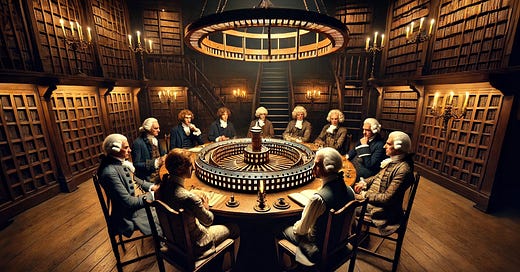



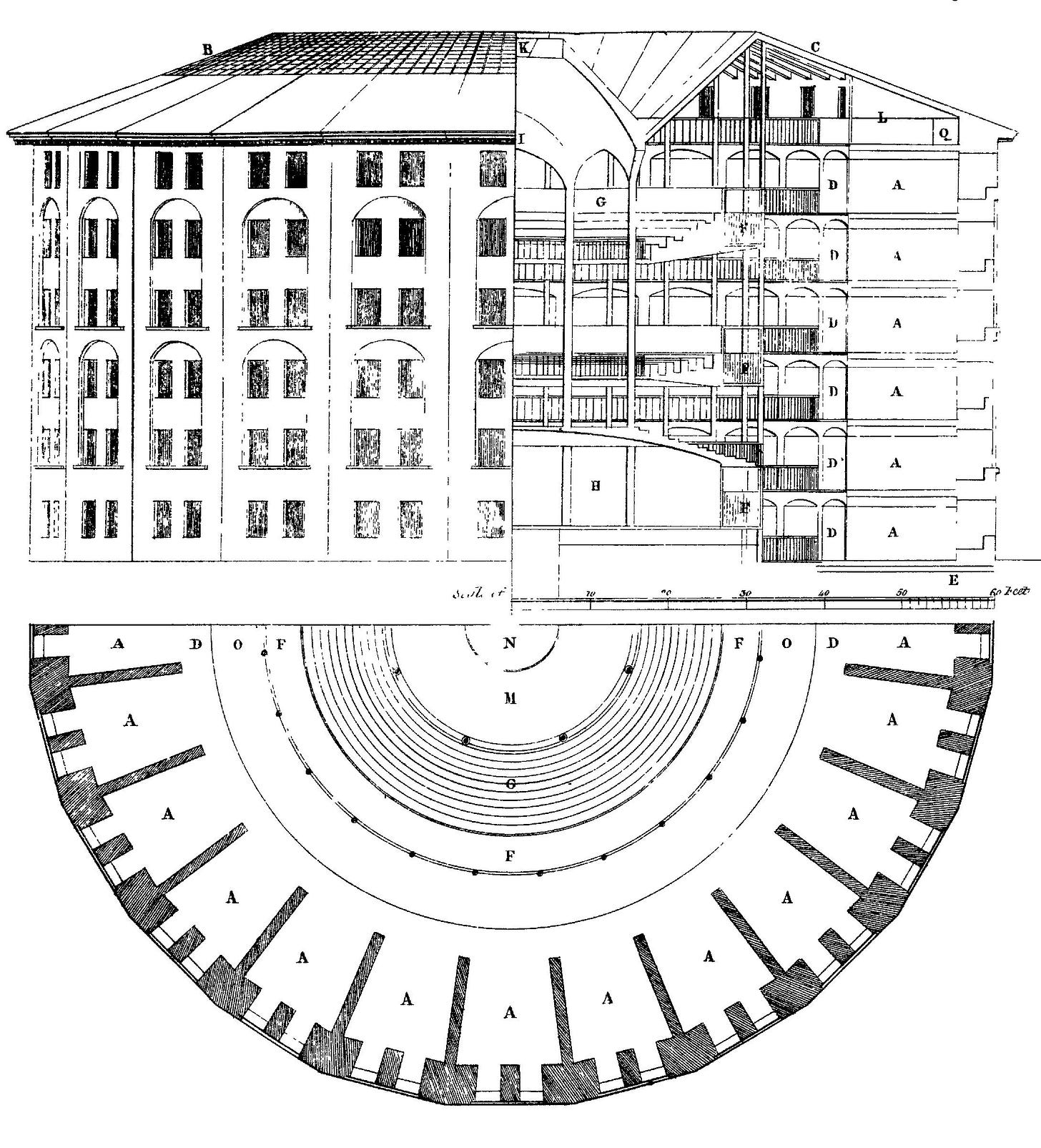
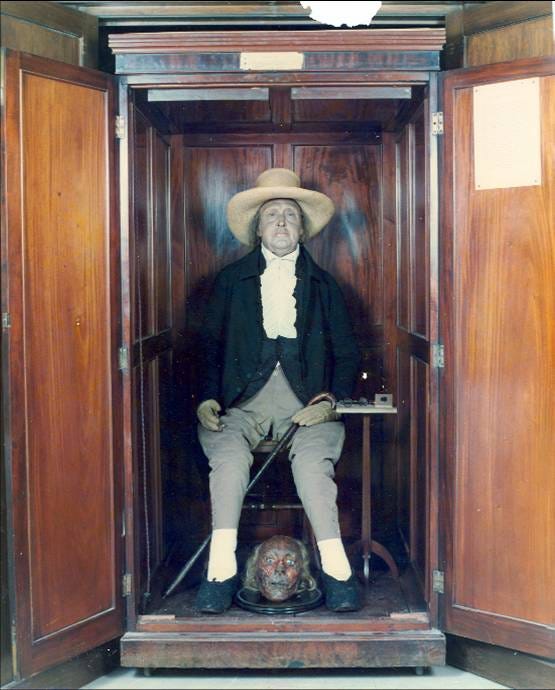
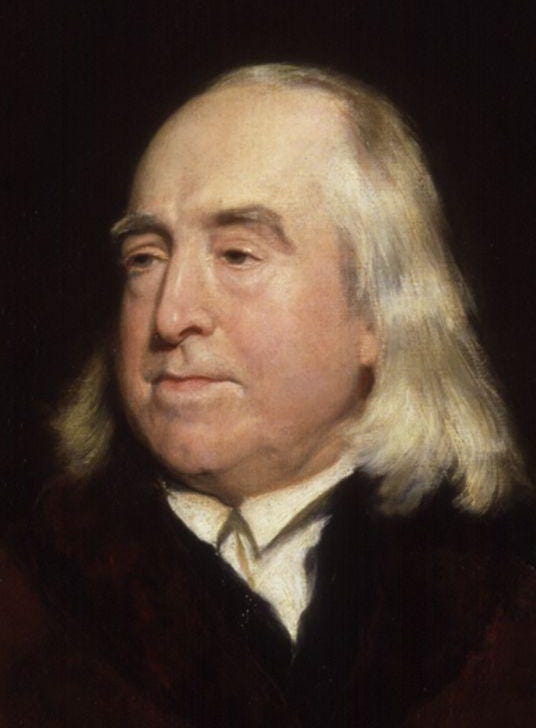
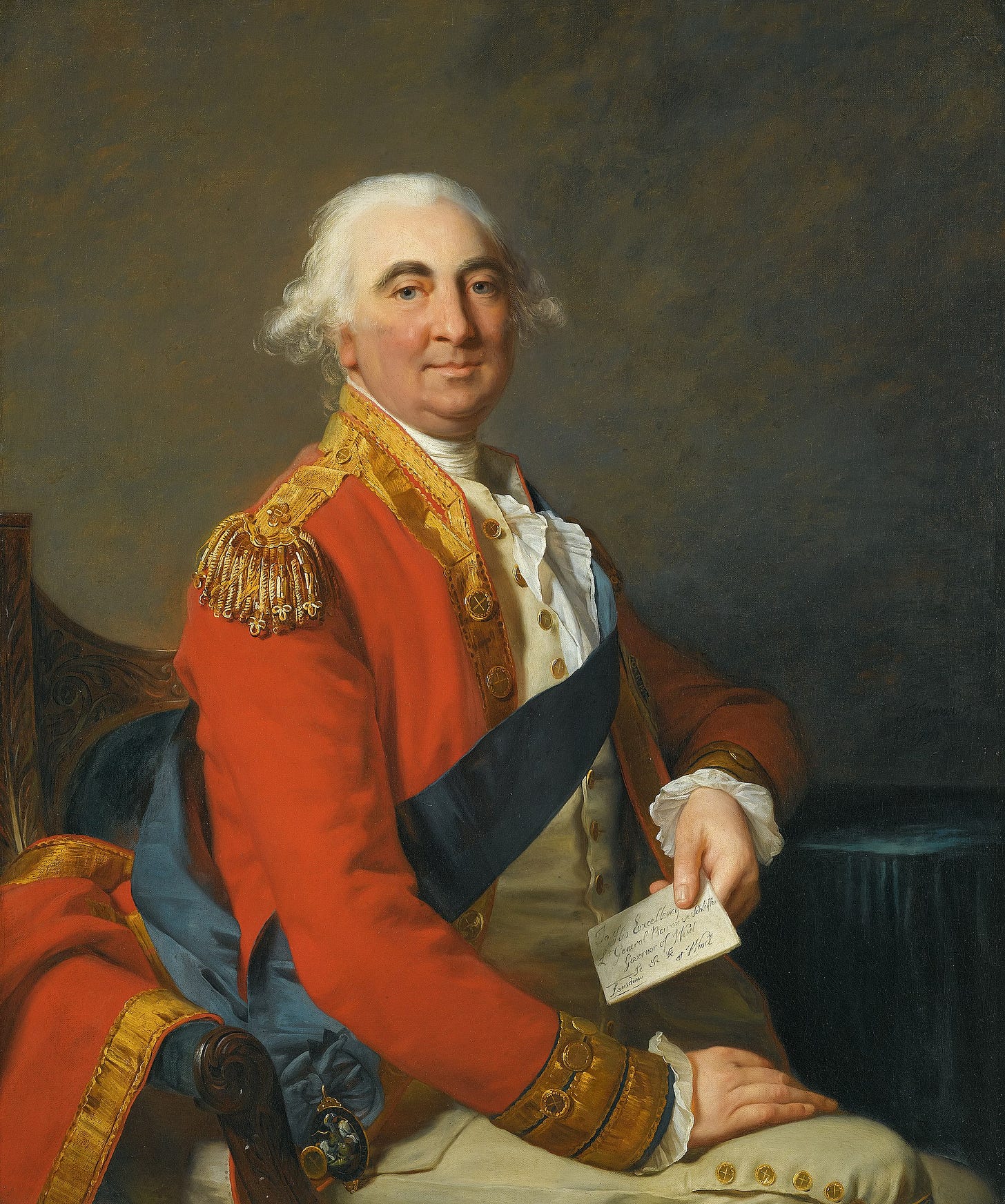

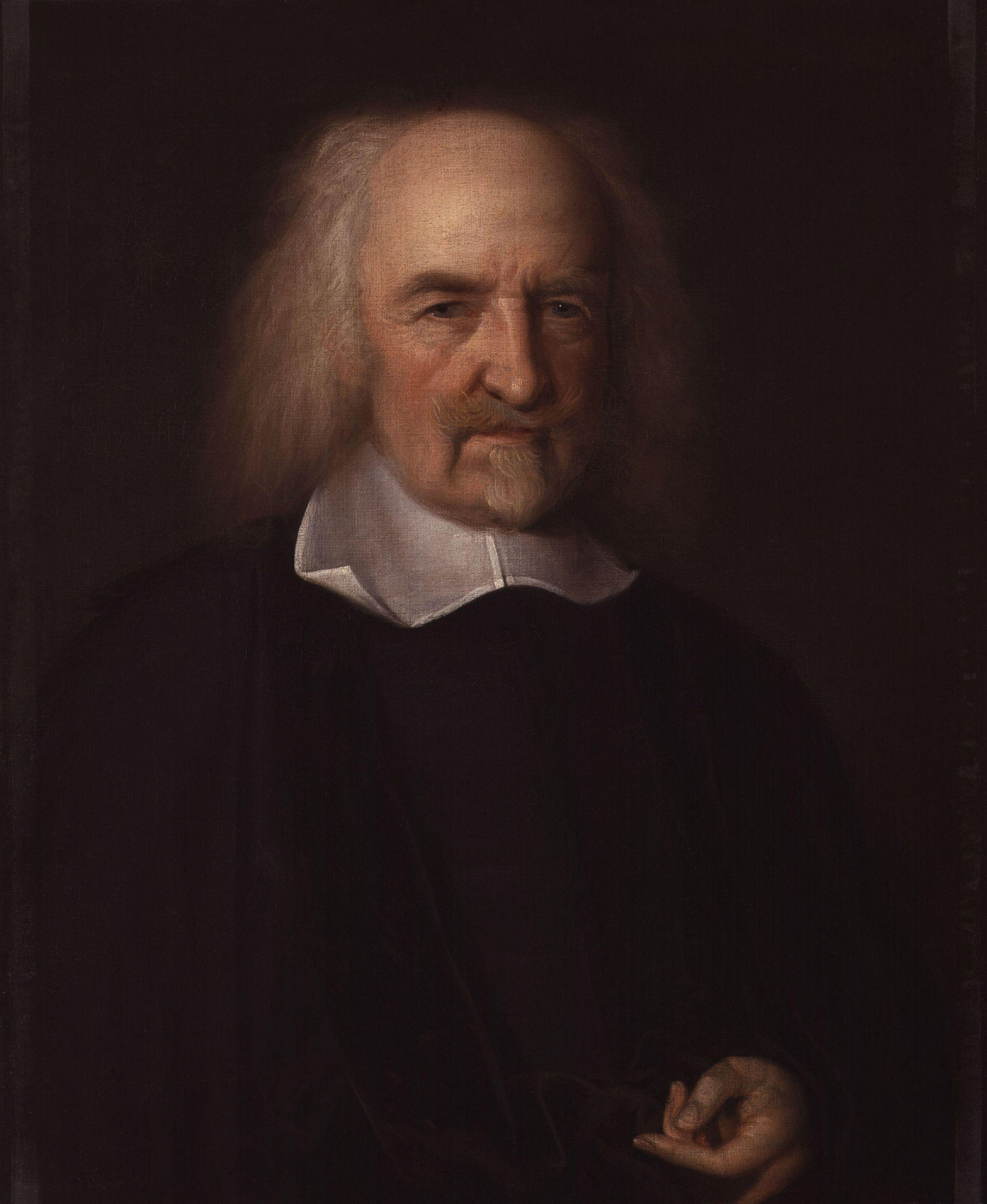
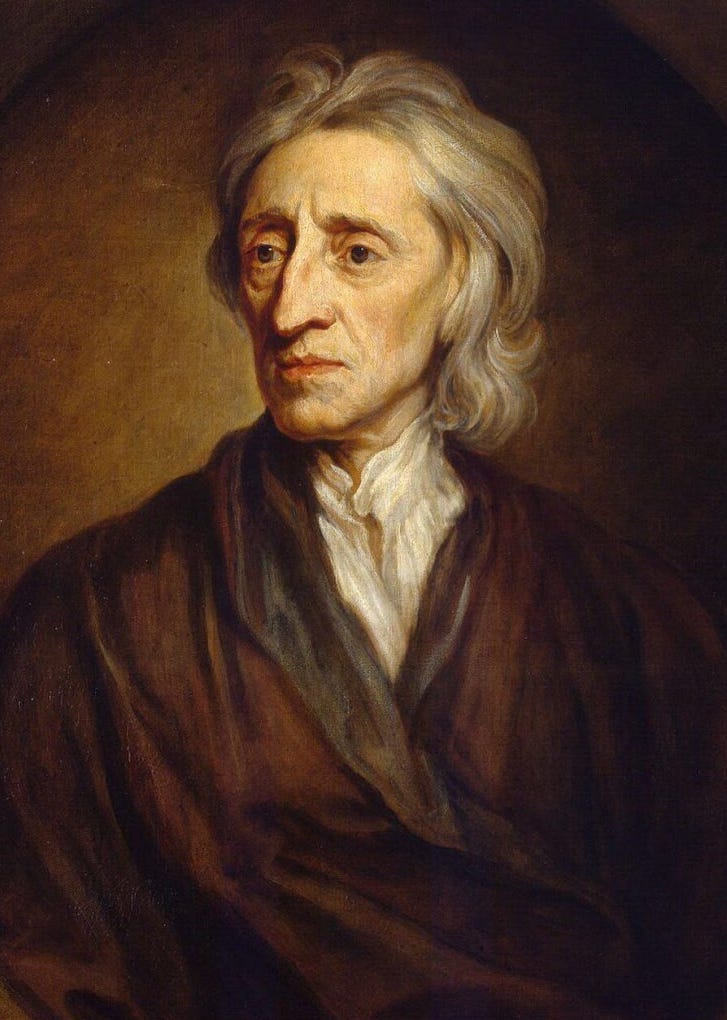
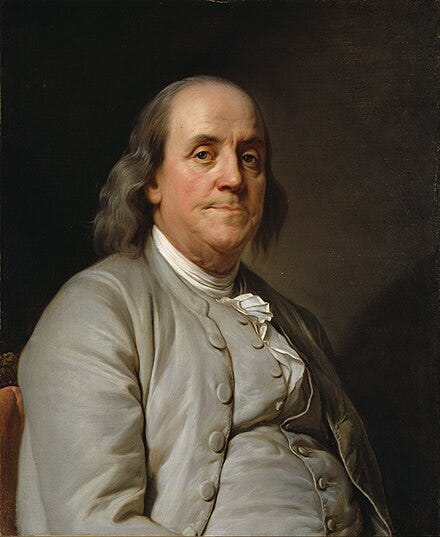
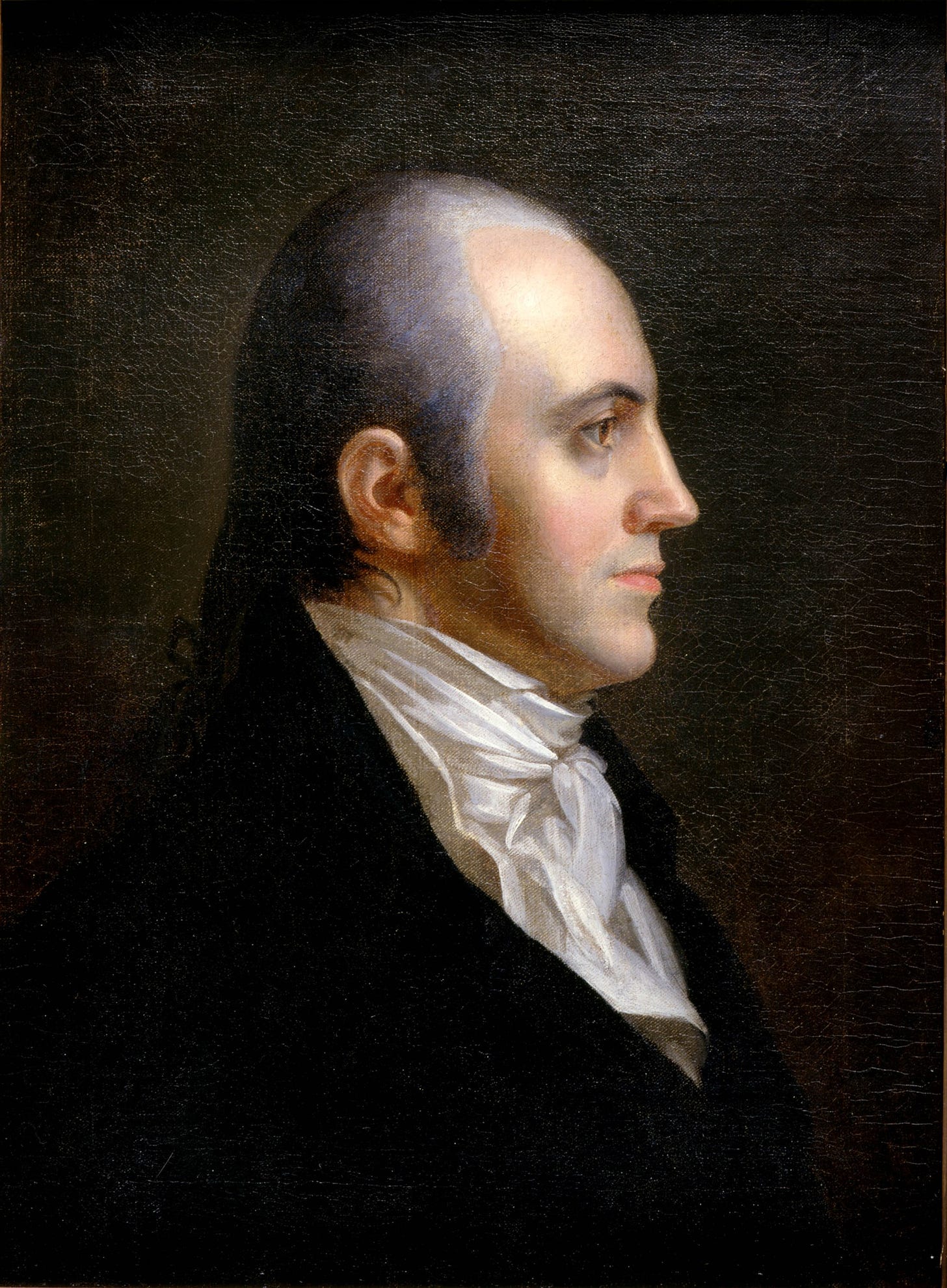
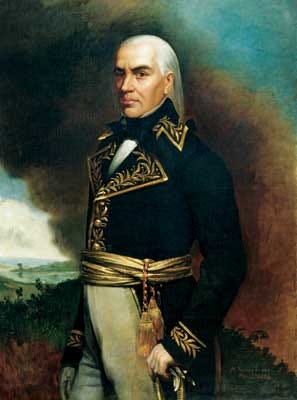

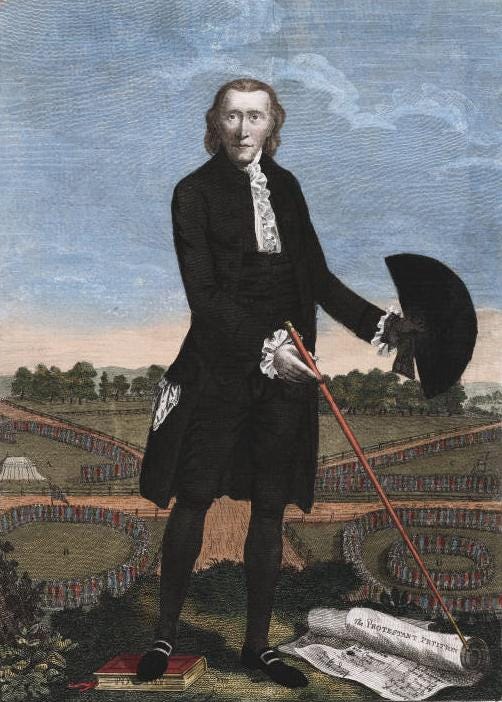
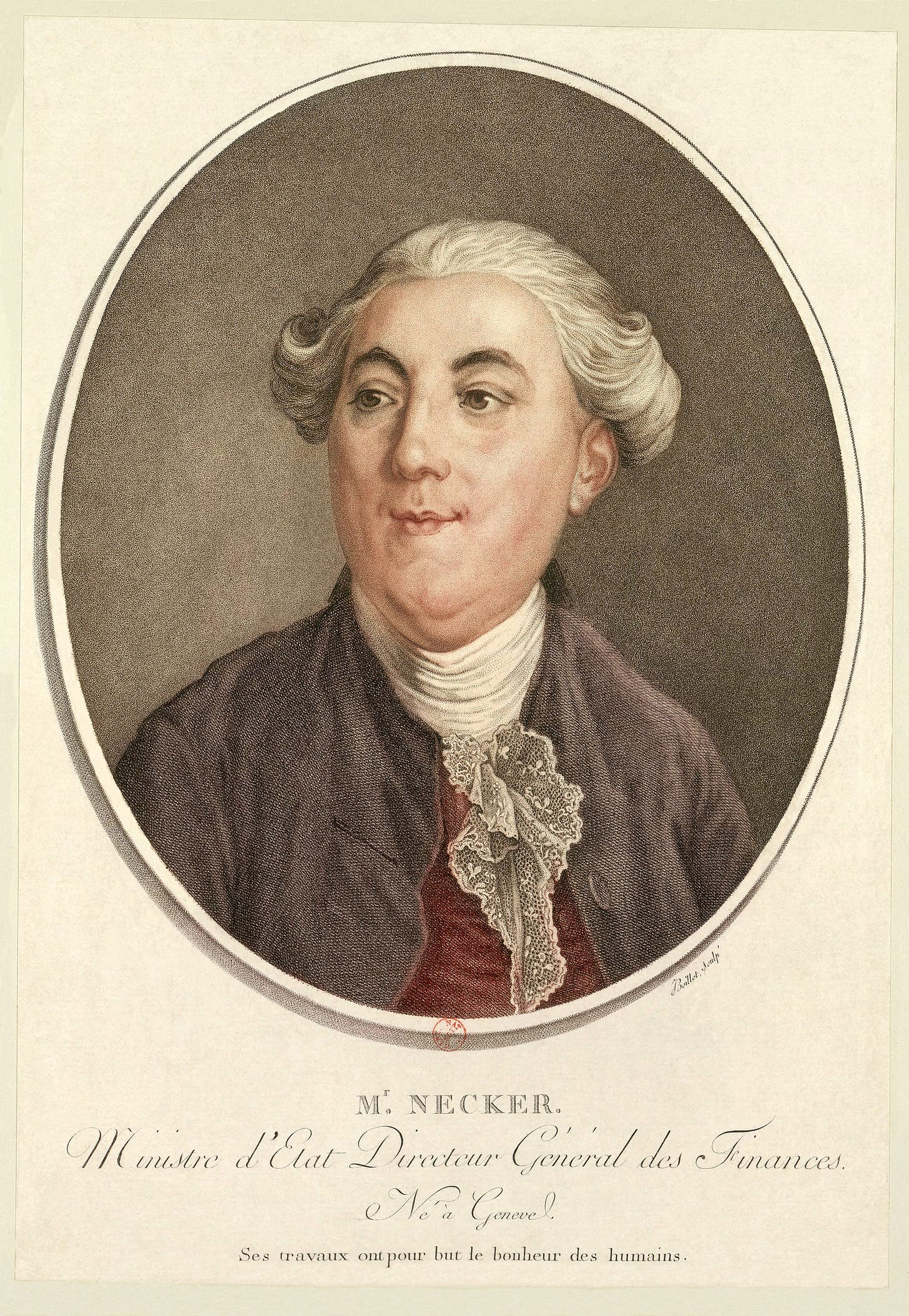
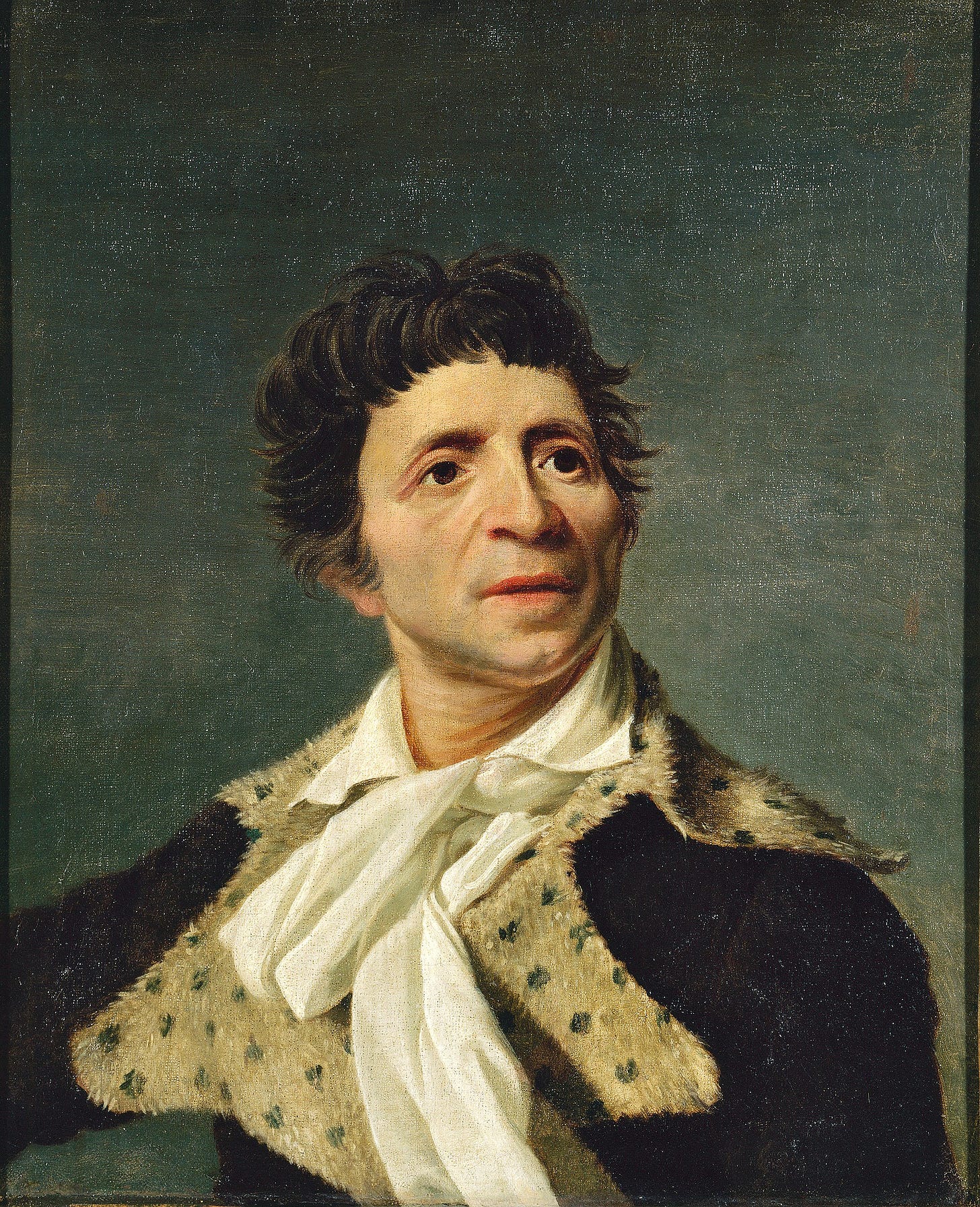
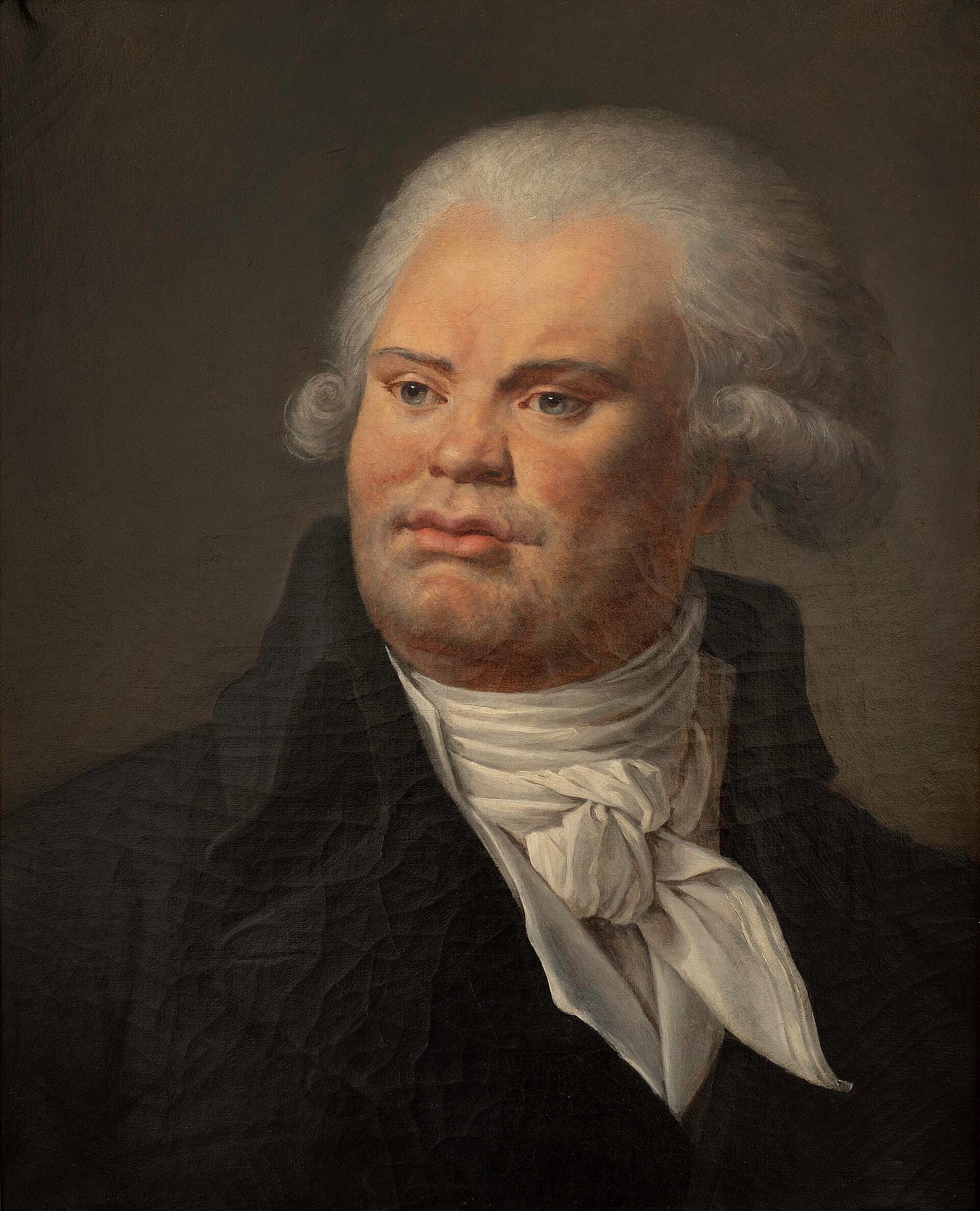
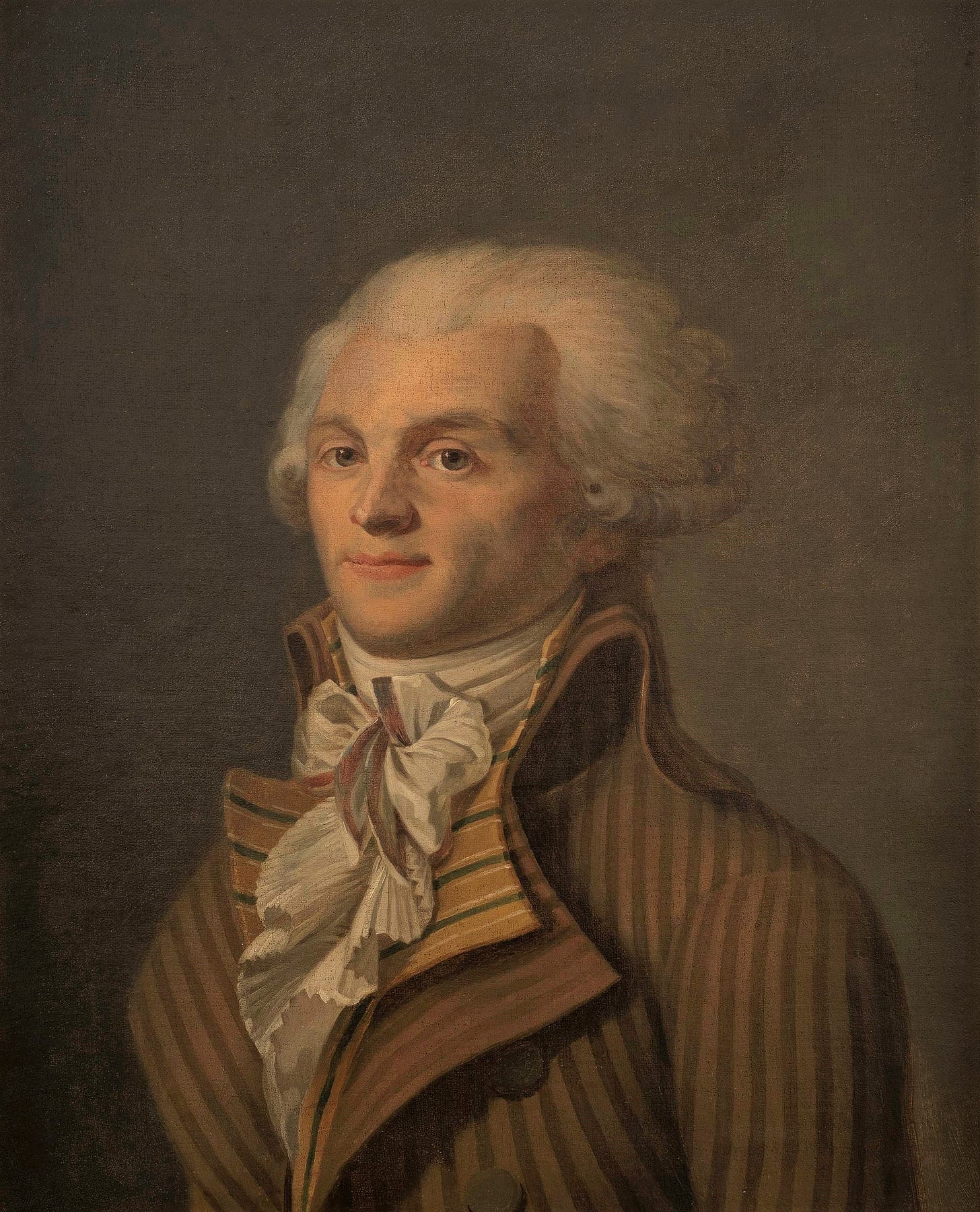
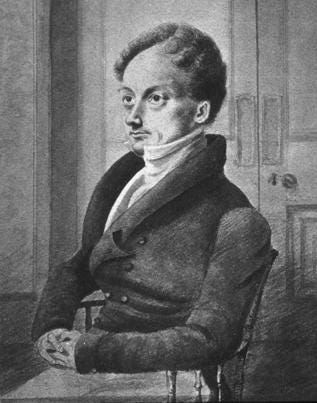
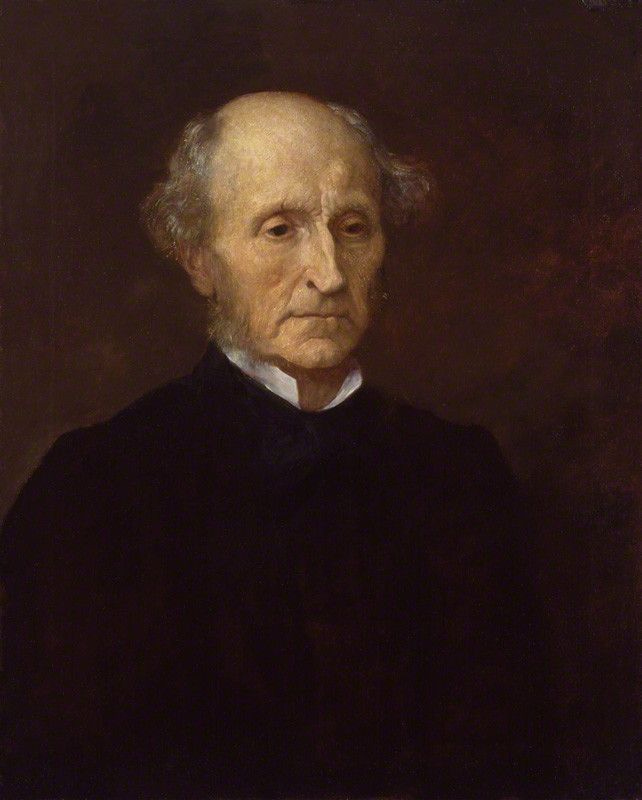
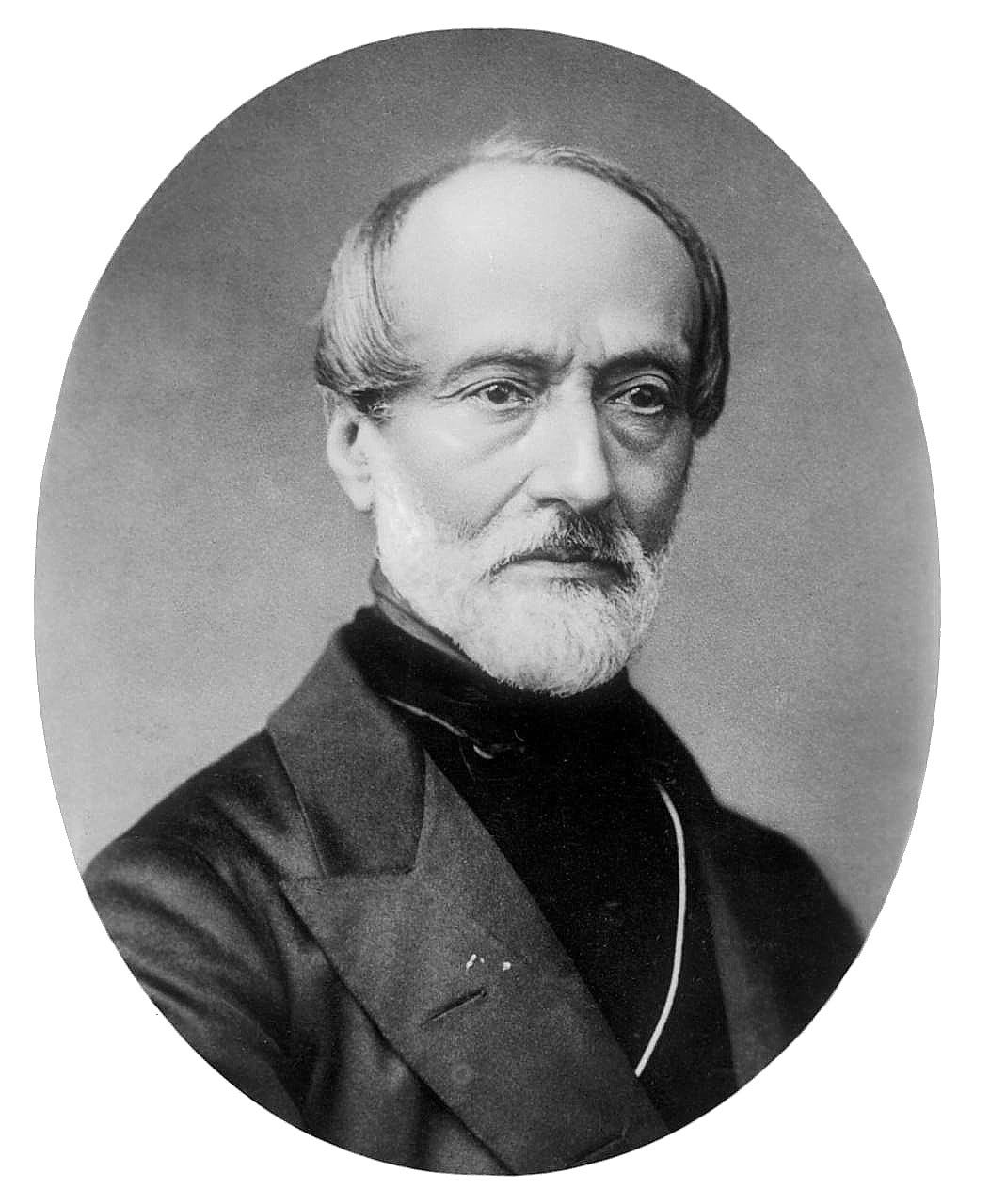
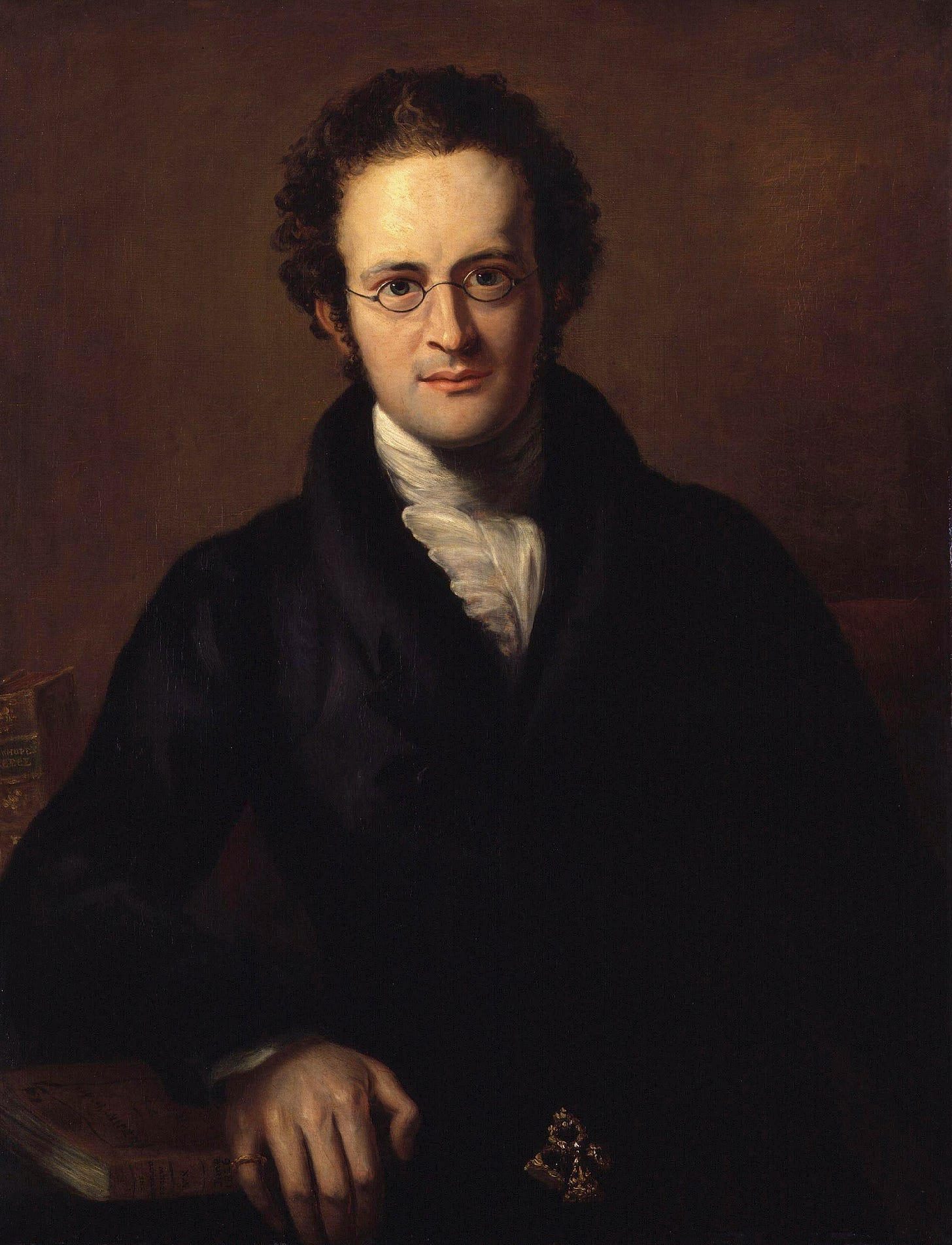
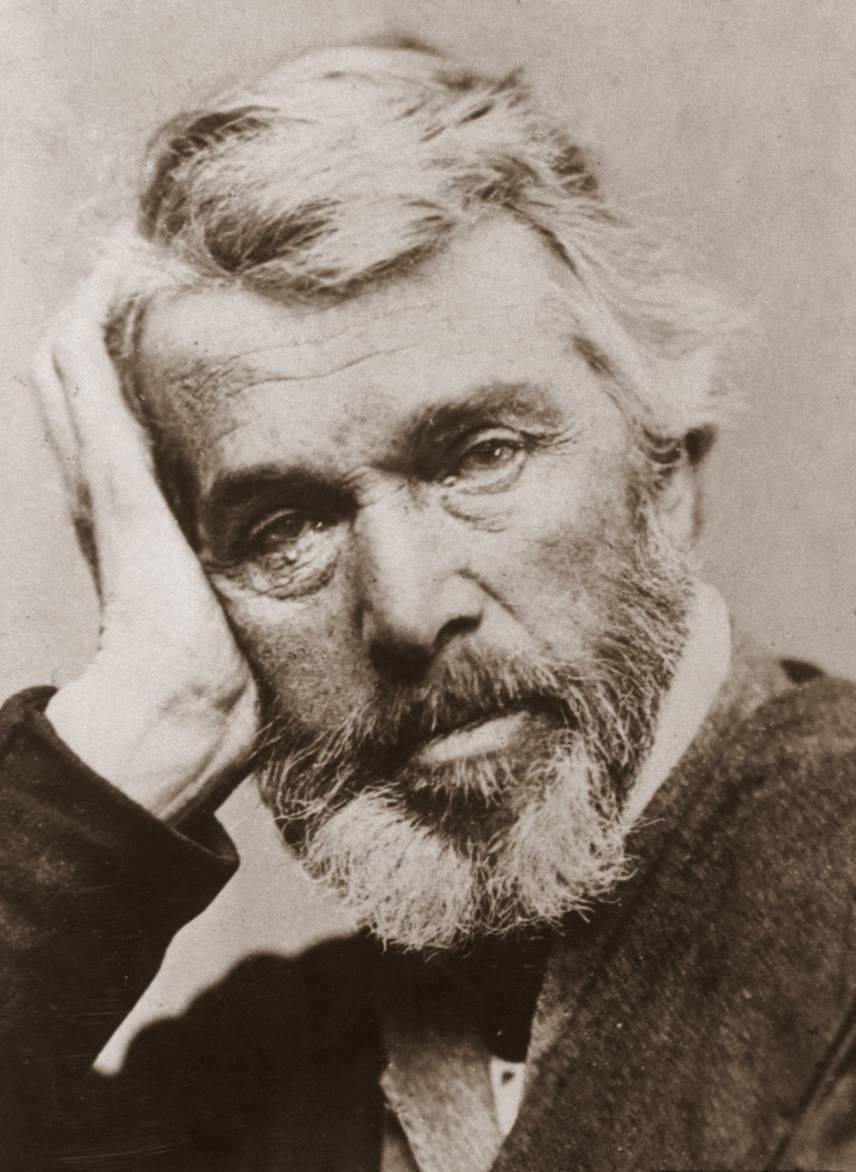
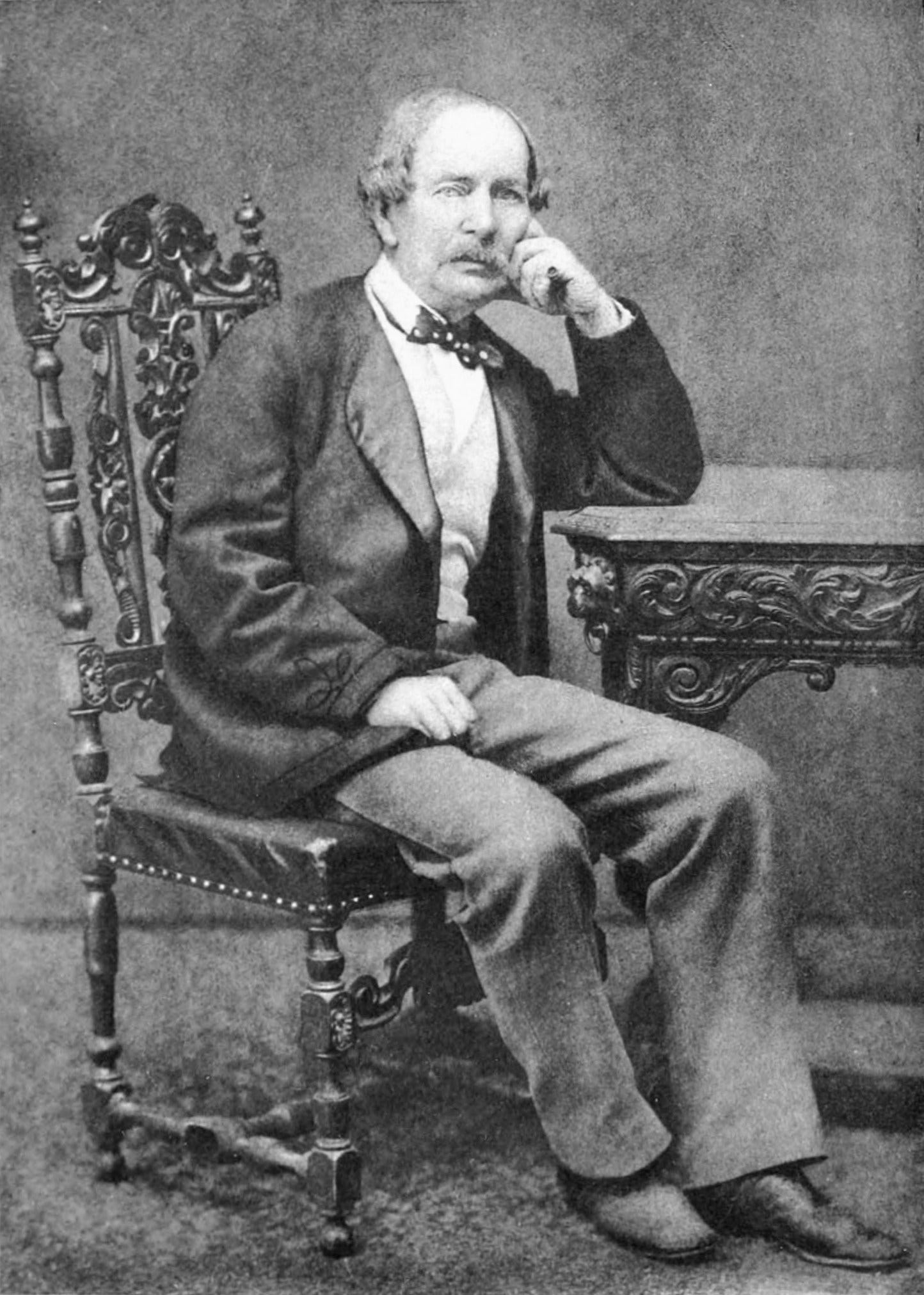
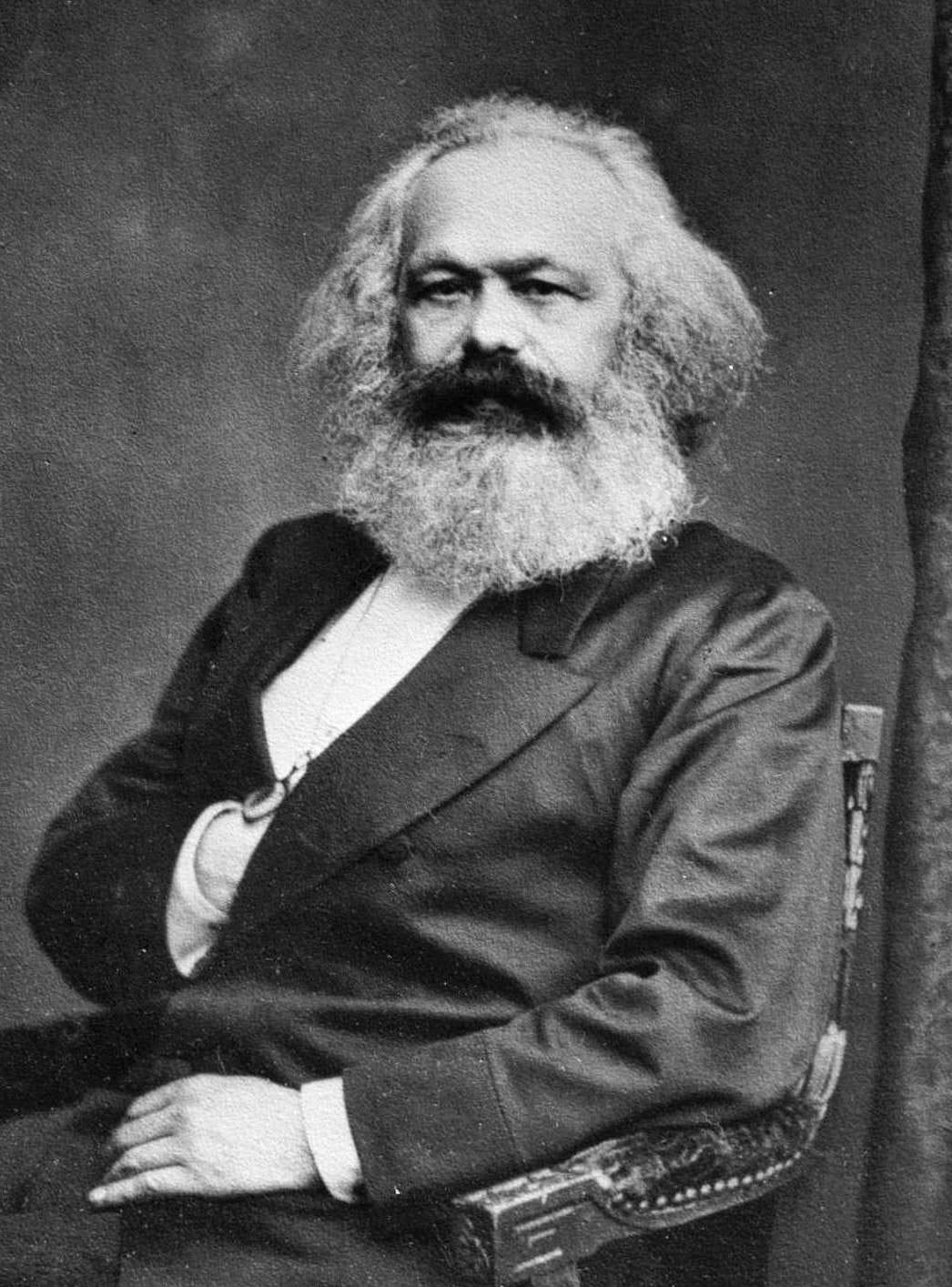
CRITICAL THINKING AND VERIFICATION STRONGLY ENCOURAGED.
PART D OF A-D
[CAVEAT AND NOTICE: There is nothing intended or to be implied here to connect or assiciate what follows regarding the resurrection of the EIC by “name” (or its principals) in 2010 to or with the historical practices of the EIC discussed fron its inception through 1870, when it apparently ceased to exist.
_________
The A.D. 2010 Resurrection of EIC within in the
The British East India Company, under permission given by the British Crown was resurrected and charter in A.D. 2010. “Sanjiv Mehta (born October 1961) is an India-born British businessman. He is the owner of "the East India company", which he launched in 2010, presenting it as a revival of the historic East India Company that was dissolved on 1 June 1874.[1][2][3][4] …Mehta's business also attracted investment from other companies including the India-based Mahindra Group(2011)[17] and the UAE-based Lulu Group (2014).[18] ” (fn.[2]) (Mahindra Group, fn.[3]) (Lulu Group, fn.[4]) Mehta’s involvement and holdings in international trade of diamonds, oil and pharmaceuticals in Russia, steel in England, tea, and luxury space retail cannot be overlooked.
_________
At this point, before proceeding further, let’s take a moment to analyze this for analogies … to the current circumstances Americans are witnessing at every turn in our lives.
What do we know about the birth of mercantilism and its PLAYBOOK implemented by VOC and EIC?
What do we know about that mercantile EIC PLAYBOOK as a “Business Model” which reached such a geographical extent, that it was bigger than nation states; and had their own private armies which fought wars for those nations as mercenaries; wrote laws, and installed judges in cities in which they traded?
What do we now know about debt bondage (peonage); intertwined as an international syndicate operating debtor’s prisons, adult/child slavery, and trafficking?
Did the debt system within England, Europe, and America exist in America before and after the Revolutionary War? Yes!
Did the colonies have within them debtor’s prisons before and after the Revolutionary War? Yes!
Did unpaid war debts of America, and dire financial conditions of America and Americans arise out of the Revolutionary War? Yes!
Did America’s unpaid war debt increase with the French and Indian War, the War of 1812, the Civil War 1861-1865? Yes! In A.D. 1865-1890, did the national government react and take steps to address the unpaid war debt? Yes!
Debt Bondage
We will begin right there to address each of those questions answered with yes by presenting some historical events, and an analysis brought forward to A.D. 2023 which, over time, will bring some clarity to readers.
END##
CRITICAL THINKING AND VERIFICATION STRONGLY ENCOURAGED.
PART C OF A-D
Freelance writer David Roos has written salient insights into the influence of the British East India Company (EIC) upon the current corporate and legal structure in America and other Western nations entitled: “How the East India Company Became the World’s Most Powerful Monopoly” (fn.[1]):
[EIC’s Rise to Largest Cartel in the World] One of the biggest, most dominant corporations in history operated long before the emergence of tech giants like Apple or Google or Amazon. The English East India Company was incorporated by royal charter on December 31, 1600 and went on to act as a part-trade organization, part-nation-state and reap vast profits from overseas trade with India, China, Persia and Indonesia for more than two centuries. Its business flooded England with affordable tea, cotton textiles and spices, and richly rewarded its London investors with returns as high as 30 percent.
“At its peak, the English East India Company was by far the largest corporation of its kind,” says Emily Erikson, a sociology professor at Yale University and author of Between Monopoly and Free Trade: The English East India Company. “It was also larger than several nations. It was essentially the de facto emperor of large portions of India, which was one of the most productive economies in the world at that point.” …
Even though the East India Company was technically a private venture, its royal charter and battle-ready employees gave it political weight. Indian rulers invited local Company bosses to court, extracted bribes from them, and recruited the Company’s muscle in regional warfare, sometimes against French or Dutch trading companies.
CRITICAL THINKING AND VERIFICATION STRONGLY ENCOURAGED.
CONTINUE TO PART D